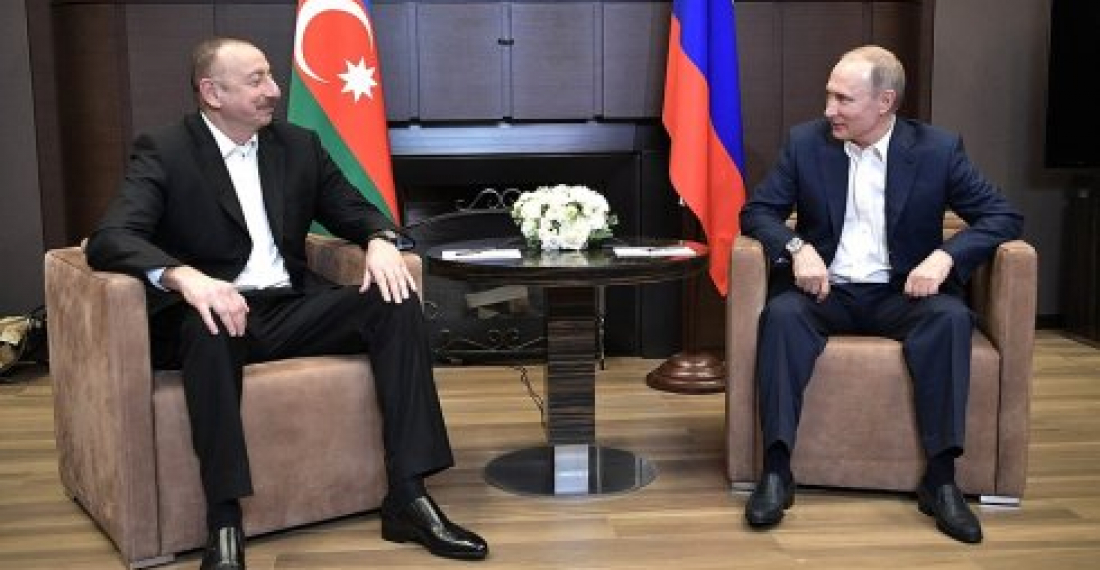CONCISE: THE REGION THIS WEEK IN 200 WORDS
§ President Ilham Aliyev of Azerbaijan travelled to the Russian Southern city of Sochi on Friday evening (21 July) for an unannounced meeting with Russian President Vladimir Putin. The two presidents exchanged pleasantries in front of the media before retiring for several hours of discussions. Very little was said by either side after the meeting. Azerbaijan-Russia relations, often described as "strategic" by both sides, deteriorated over the last year due, among other things, to what Azerbaijan perceives as Russian failure to live up to expectations on issues related to the Nagorno-Karabakh conflict.
Read more on the Kremlin website
§ Tbilisi's Aghmashenbeli Avenue, popular with Middle Eastern visitors, was again the centre of controversy on Sunday (23 July) as right-wing anti-migrant protestors faced off supporters of Georgia's European Way party protesting at what they claim is creeping Russian influence and fascist and xenophobic attitudes in the country.
Read more on Democracy and Freedom Watch
§ Armenia's Foreign Minister Eduard Nalbandian was in Nagorno-Karabakh on Sunday for the ceremony of 777th anniversary of the consecration of "Gandzasar" Monastery.
Read more on the website of the Armenian Foreign Ministry
§ The event was not without controversy. The spokesperson of the Azerbaijani Foreign Ministry, Hikmet Hajiev, slammed the visit and its political and historical significance.
Read more on Trend news agency
This round up of the week in the Caucasus and the wider South-West Eurasia region was compiled by Caucasus Concise, a weekly electronic newsletter published in association with commonspace.eu







